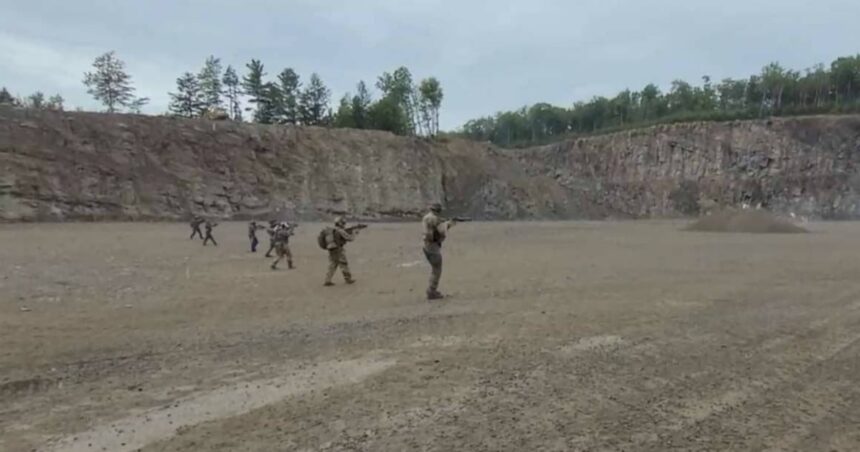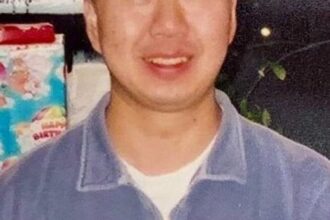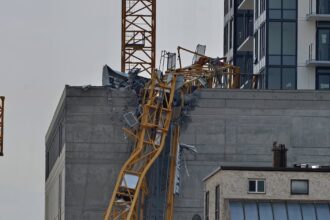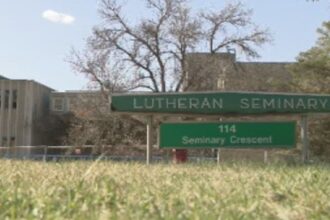In a significant national security operation, four Quebec residents, including active members of the Canadian Armed Forces, have been arrested on suspicion of involvement in ideologically motivated violent extremism. The arrests, carried out by the RCMP’s Integrated National Security Enforcement Team (INSET), mark an alarming development in domestic extremism concerns within military ranks.
According to RCMP spokesperson Sgt. Charles Poirier, the suspects were taken into custody following extensive intelligence gathering operations. “These individuals were allegedly preparing for violent action motivated by an extremist ideology,” Poirier stated during a press briefing in Montreal. “The investigation revealed concerning patterns of behavior that posed a potential threat to public safety.”
The suspects, whose identities remain undisclosed pending formal charges, reportedly include two active military personnel stationed at Canadian Forces Base Valcartier and two civilians with ties to far-right extremist groups. Sources familiar with the investigation indicate the group had allegedly been stockpiling weapons and tactical equipment while exchanging increasingly violent rhetoric in encrypted online communications.
Defense Minister Bill Blair addressed the arrests during a parliamentary session, calling the situation “deeply troubling.” “The Canadian Armed Forces has zero tolerance for extremist behavior or ideologies that run counter to our core values,” Blair emphasized. “We are cooperating fully with the RCMP investigation and examining our internal screening processes.”
This case highlights the growing concern regarding extremism within military institutions across North America. A 2021 report from the Department of National Defence identified at least 53 instances of confirmed or suspected involvement of CAF members in hateful conduct or extremism over a four-year period.
Security analyst Marie Deschamps, former Supreme Court justice and author of a landmark report on misconduct in the military, points to systemic challenges. “Military training creates tight-knit communities, which can be positive, but also provides skills and networks that become dangerous when combined with extremist ideologies,” Deschamps told CO24.
The arrests come amid heightened vigilance following similar incidents in allied nations. In the United States, Pentagon officials have implemented enhanced screening procedures after discovering dozens of military personnel with ties to extremist organizations following the January 6, 2021 Capitol riot.
Military sociologist Dr. Jean-Paul Brodeur from the University of Montreal suggests the problem reflects broader societal divisions. “The military doesn’t exist in isolation from society. The polarization we see across Canadian politics inevitably affects institutions like the CAF,” Brodeur explained. “What makes this particularly concerning is that these individuals have specialized training and access to weapons.”
The RCMP has indicated that the investigation remains active, with searches continuing at multiple locations in the Quebec City area and at CFB Valcartier. Evidence collected thus far reportedly includes propaganda materials, tactical gear, and communications detailing potential targets.
As this case unfolds, questions emerge about the effectiveness of current screening protocols within Canada’s military establishment. How can democratic institutions balance the need for robust security measures against extremism while preserving the civil liberties that define our society?










